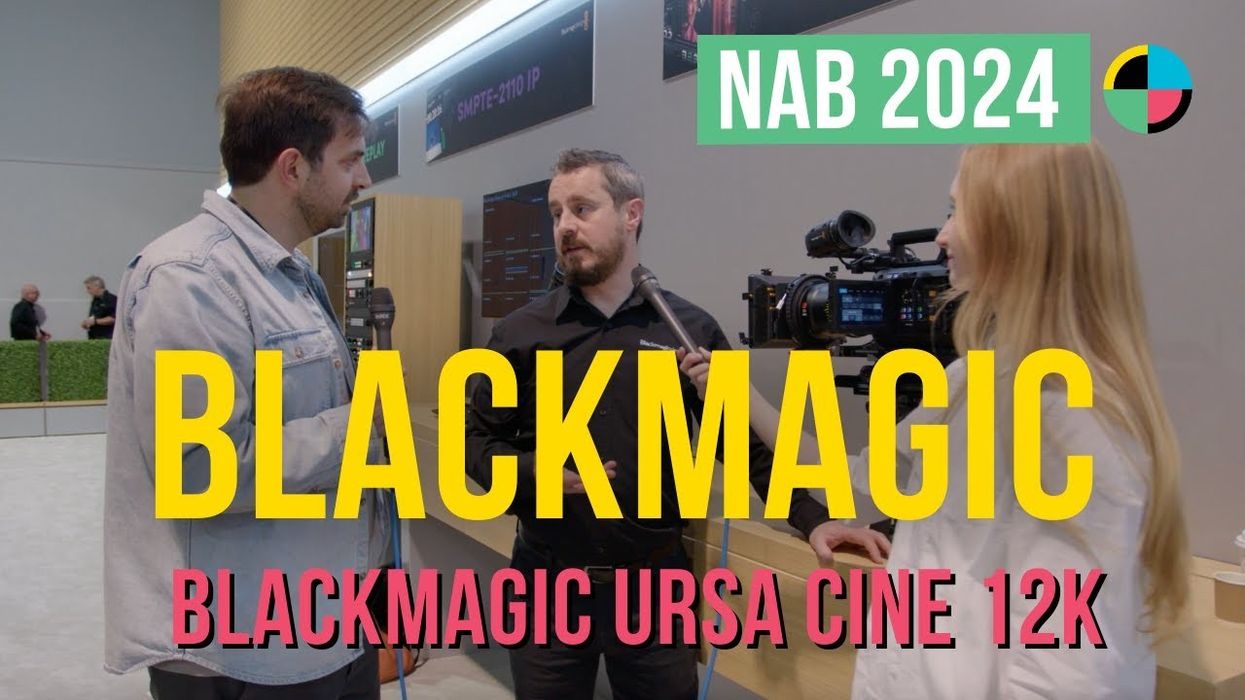Watch: How Important is it for Audiences to Trust Your Narrator?
This video essay on Me and Earl and the Dying Girl explores the importance of building audience trust...or not.

[Editor's note: Spoilers ahead!]
You could argue that it's pretty important for audiences to trust your narrator, but it's not necessarily the case. Unreliable narrators come in all shapes and sizes, some forgivably unreliable, some less so. What it boils down to is how much their unreliability helps or hinders a story. For instance, the protagonist of M. Night Shyamalan's The Sixth Sense, Bruce Willis's Malcolm Crowe, turns out to be privy to information he might not have if...well, I won't spoil it. But do we feel let down by him? Do we wish he'd admitted his truth before the movie was over? Probably not, because knowing what we know in the film's final moments might have ruined the suspense of the rest of the film, making it far less thrilling.
InThe Usual Suspects, would it help us to know ahead of time that the most magnetic figure in the film is not all he says he is?
InThe Usual Suspects, would it help us to know ahead of time that Kevin Spacey's malcontent, the most magnetic figure in the film, is not all he says he is, or in fact not even the smallest percentage of what he says he is? Probably not. Much of the tension in the film is based on our trust. When he shows us that our trust was unfounded, even foolish, the result is self-regard, rather than self-punishment; the tautness of the film's storytelling is untarnished. FilmUnderstood argues, in this video essay, that the narrator of Alfonso Gomez-Rejon's Me and Earl and the Dying Girl commits a breach of trust in the film that cannot be forgiven; the reveal that comes at the end of the film isn't productive, instead leaving viewers disappointed.
The narrator of Me and Earl and the Dying Girl announces, at the outset, that the "girl" of the title isn't actually going to die, as the title suggests. He lets us believe that, as we follow her through the film, we can feel free to absorb her character and even begin to appreciate her because, contrary to what we might expect, given her condition (cancer), she's going to survive. But then, events take a slightly different turn. The build-up we'd thought we were watching—a build-up to a life of happiness, in which Greg, the narrator, can be in love with Rachel freely and without fear that she will be taken away—is crushed. Why? Because she dies. And because, as the essayist indicates, viewers are not conditioned to take an onscreen relationship as seriously if it's predestined to end abruptly as they might if the opposite were true.
The short version? The essayist feels the film messes with viewers unforgivably, causing them to feel emotions they might not have felt if they had all the facts in front of them. And then the most basic desire a viewer might have—that the youth portrayed in the film might have bright futures ahead of them—is snatched away. This could be viewed as cruel manipulation, and yet some viewers might feel that it only heightens the poignancy of the temporal nature of love in the film, making it all the more heart-wrenching.
What's your feeling? Can film narrators have cards in their hand that they haven't revealed? If so, how far can they go in this direction? How much concealment is too much? How did this film work for you, on that score? Let us know in the comments.













